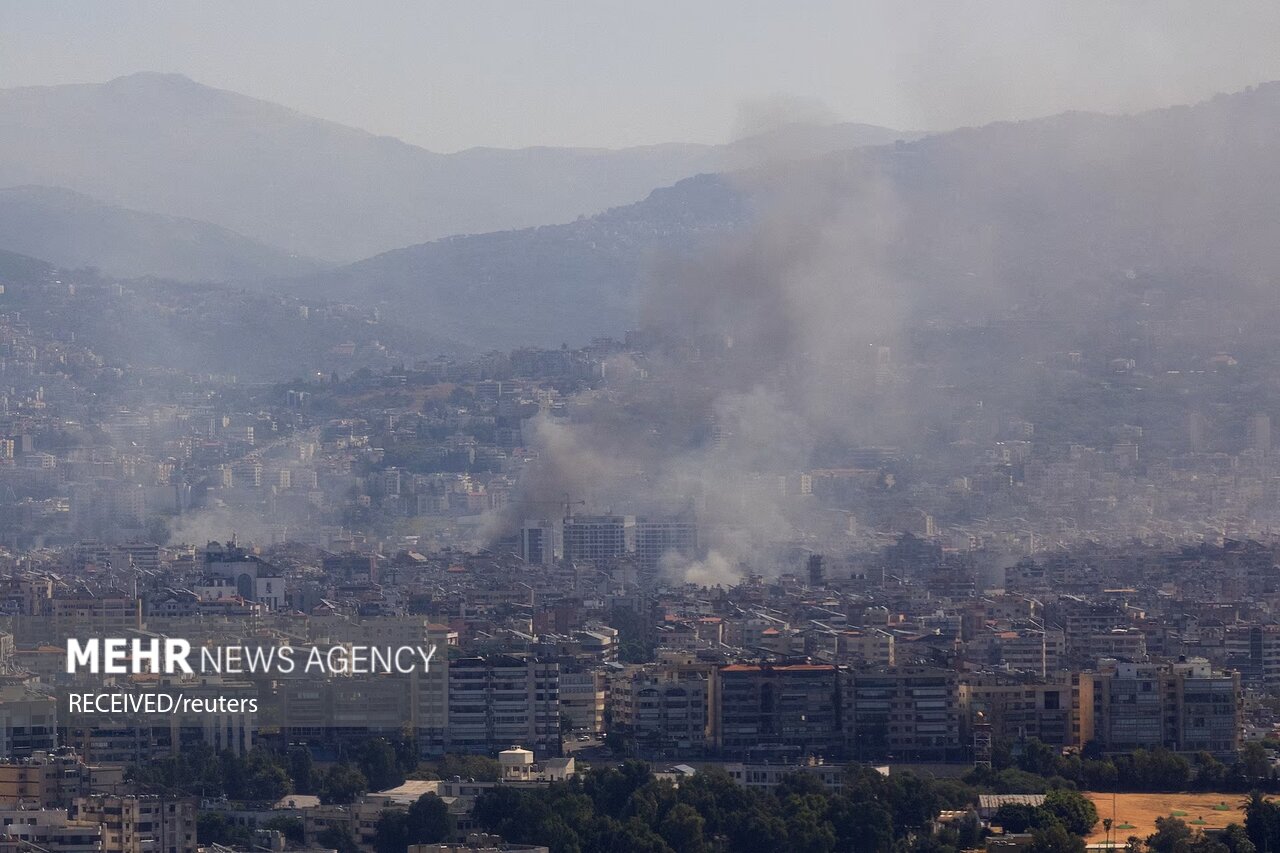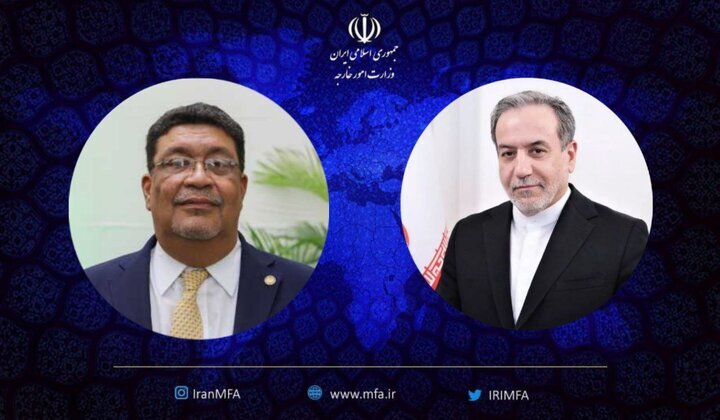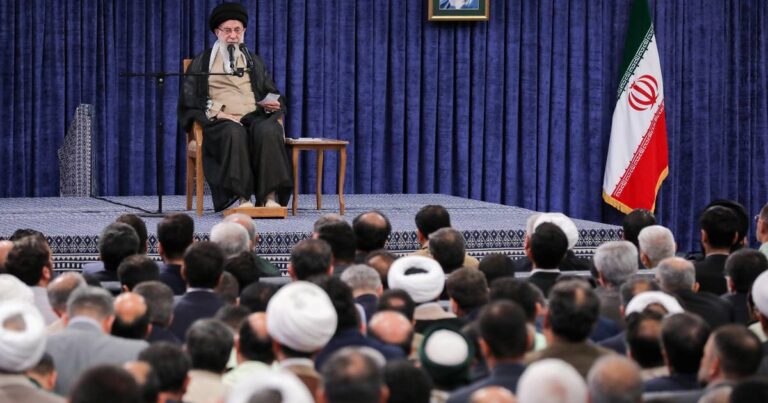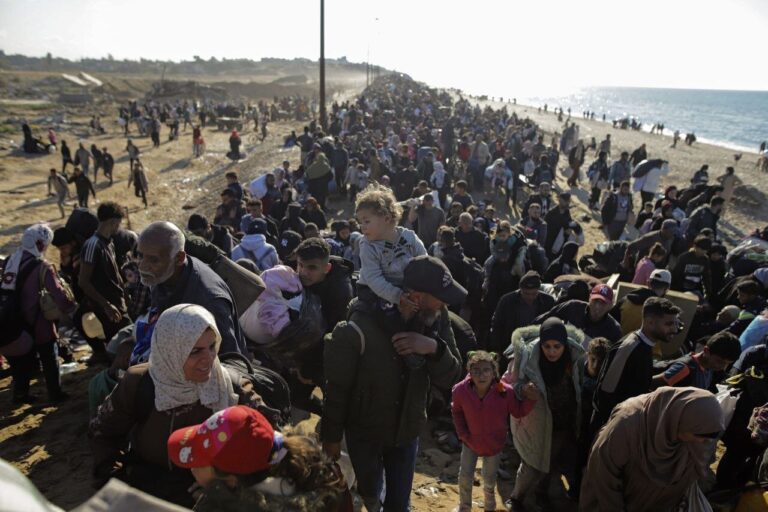Israel Launches Targeted Strikes on Hezbollah Military Bases in Lebanon
In recent developments from the Middle East, the ongoing tensions have escalated as the Israeli Defense Forces (IDF) targeted military installations linked to Hezbollah. This incident highlights the volatile situation in southern Lebanon and emphasizes the significant role that regional conflicts play in global security discussions.
According to reports from TASS, the Israeli military confirmed that “a short while ago, the IDF struck military sites containing rocket launchers and weapons where Hezbollah activity was identified in the area of Baalbek and several additional areas in southern Lebanon.” This operation is a continuation of the ongoing conflict between Israel and Hezbollah, a militant group based in Lebanon.
Earlier on the same day, Israel conducted another strike that specifically targeted a Hezbollah weapons depot along with multiple missile launchers situated within Lebanese territory. This follows a series of confrontations that have raised concerns among international observers regarding the potential for further escalation.
The recent airstrikes by Israel can be understood within a broader context of military strategy and geopolitical tensions in the region. Here are some key points to consider:
- Hezbollah’s Military Capacity: Hezbollah has been known to maintain a significant arsenal of missiles and rockets, posing a considerable threat to Israel and its allies.
- Israeli Military Strategy: The IDF often targets military installations used by Hezbollah as part of its strategy to deter attacks and prevent the group from acquiring more advanced weaponry.
- Regional Stability: The ongoing conflict affects not only Lebanon and Israel but also has implications for regional stability, drawing in concerns from global powers.
- International Reactions: Such military actions typically lead to a range of reactions from other nations and international organizations, calling for restraint and dialogue between the involved parties.
The strikes come amid increased tensions in the region, leading many to speculate about the potential for a larger conflict. Analysts point out that while Israel seeks to undermine Hezbollah’s military capabilities, such operations may also provoke retaliation from the group.
In recent months, the situation in southern Lebanon has been particularly tense, with numerous exchanges of fire along the border and reports of increased military activity from both sides. This escalation not only threatens the peace in Lebanon but also poses risks to surrounding nations.
Hezbollah has historically responded to Israeli attacks with retaliatory strikes, and there is a growing concern that this pattern could lead to a broader military confrontation. Observers are closely monitoring the situation as it continues to evolve.
Furthermore, the international community has expressed worries about the humanitarian implications of these military actions. Civilians in the affected areas often bear the brunt of such conflicts, leading to displacement and suffering. Humanitarian organizations have called for increased efforts to protect non-combatants during military operations.
As the situation develops, the following factors will be crucial in determining the future of the conflict:
- Diplomatic Efforts: The role of international diplomacy in de-escalating tensions will be critical. Engagement from nations like the United States, Russia, and European countries may influence the actions of both Israel and Hezbollah.
- Military Readiness: Both sides are likely to maintain a high level of military readiness, which could either deter further attacks or lead to a miscalculation that ignites a larger conflict.
- Public Sentiment: The reactions of the local populations in Lebanon and Israel can also impact the trajectory of the conflict. Public pressure for peace or military responses can influence governmental decisions.
In conclusion, the recent Israeli airstrikes against Hezbollah-linked sites in Lebanon are a stark reminder of the fragility of peace in the region. As both sides prepare for potential further actions, the international community watches closely, hoping for a resolution that prioritizes stability and humanitarian concerns. The need for dialogue and understanding remains more critical than ever as tensions continue to rise.






